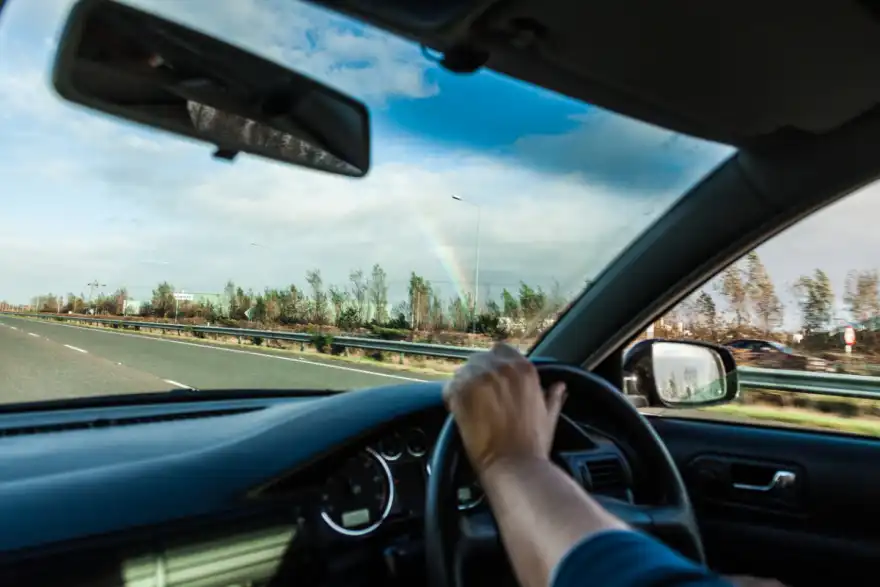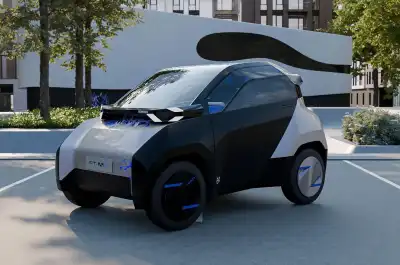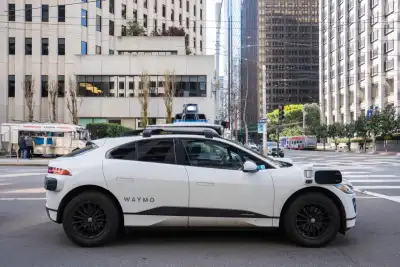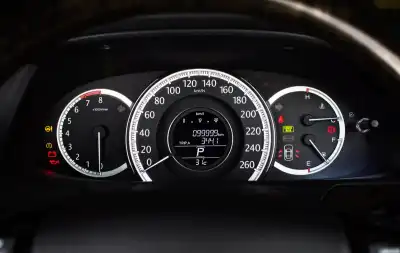
The latest National Travel Survey (NTS) shows that car journeys in England increased by 6% in 2023. On average, people made 915 trips last year, or about 18 trips a week. However, this is still 4% lower than in 2019, before the pandemic.
The NTS collects data from residents of England through interviews and seven-day travel diaries, allowing the government to analyse travel patterns and trends.
The data revealed that trips using private transport, like driving, riding as a car passenger, and motorcycles, went up in 2023, as did public transport usage. On average, car drivers made 363 trips per person, while passengers made 185 trips per person, but these numbers are still lower than pre-pandemic levels.
Driving remains the most common way to start a journey, accounting for 39% of all trips. Interestingly, women made more car trips than men, but men tended to drive longer distances.
Bus travel is still significantly lower than it was before the pandemic, despite a slight rise in the average distance travelled by bus.
Rod Dennis, senior policy officer at RAC, pointed out that, “It’s abundantly clear that the private car remains the mode of choice for journeys over a mile in length, despite the fact that the proportion of households with access to a car has remained broadly flat for the last 50 years.
“And while the average distance travelled by bus has crept up slightly this year, it’s still the case that these figures are down hugely compared to the start of the century – reinforcing the fact that many local bus services, where they still exist, simply aren’t working for people.
“The findings give the new government some food for thought as it tries to balance the needs of all road users, whether they are bus riders, cyclists, pedestrians or drivers.
“In the case of the latter, it’s clear many people feel they have no viable alternatives to the car for the trips they need to make.”



